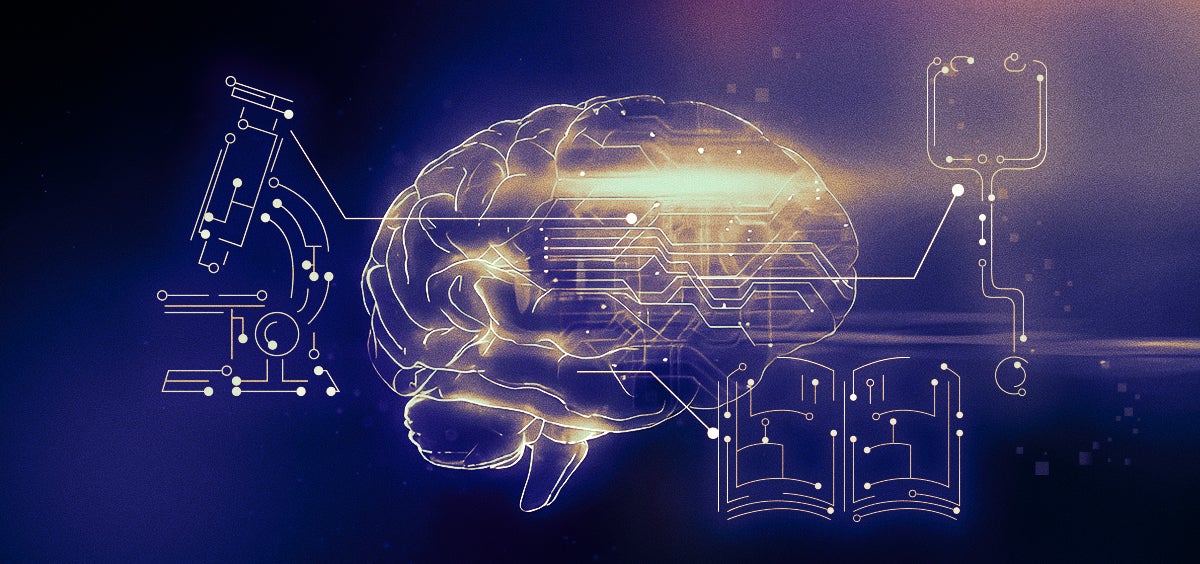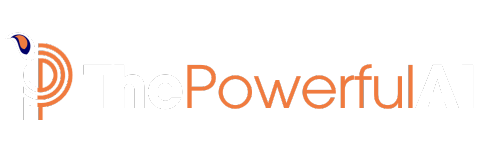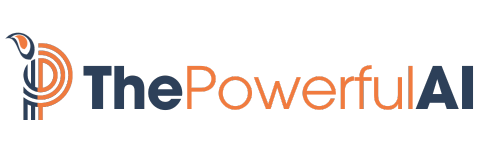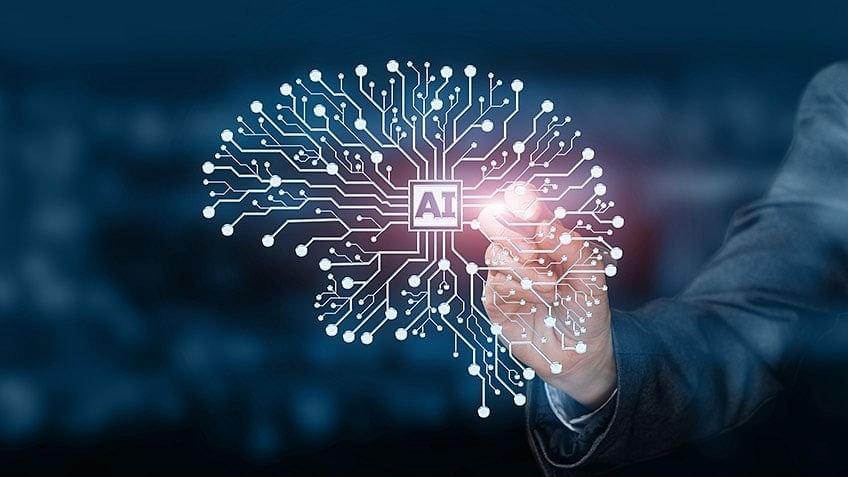Artificial Intelligence (AI) offers advantages such as streamlining processes, saving time, eliminating biases, and automating repetitive tasks. On the other hand, there are drawbacks including costly implementation, potential job losses, and the lack of emotion and creativity.
Pros Of Artificial Intelligence
Artificial Intelligence (AI) has revolutionized various industries by offering a wide range of benefits. From improving efficiency and automation to saving time and eliminating biases, AI has proven to be a valuable tool for businesses. In this section, we will explore some of the pros of artificial intelligence.
1. Efficiency And Automation
One of the significant advantages of artificial intelligence is its ability to enhance efficiency and automate repetitive tasks. AI-powered systems can analyze vast amounts of data at a faster rate than humans, allowing businesses to streamline their processes and make data-driven decisions in real-time. For example, AI algorithms can analyze customer data, predict purchasing patterns, and automate personalized marketing campaigns, resulting in improved customer satisfaction and increased revenue.
2. Time Savings
By automating time-consuming tasks, AI frees up valuable time for human employees to focus on more complex and strategic activities. For instance, AI chatbots can handle customer inquiries and provide instant responses, reducing the need for manual customer support. Additionally, AI can automate data entry, report generation, and data analysis, enabling employees to allocate their time towards innovation and creative problem-solving.
3. Elimination Of Biases
Human biases can inadvertently affect decision-making processes. However, AI algorithms can be programmed to make unbiased decisions based on objective data analysis. This eliminates the potential for human biases in areas like hiring, lending, and law enforcement. By ensuring fairness and objectivity, AI helps create a more inclusive and just society.
Cons Of Artificial Intelligence
While artificial intelligence (AI) has certainly brought about numerous advancements in various industries, it is essential to consider the downsides as well. AI technology comes with several cons that need to be weighed and addressed. The following are three significant cons of artificial intelligence:
1. Costly Implementation
Implementing artificial intelligence systems can be a considerable expense for businesses. The development and deployment of AI software, hardware, and infrastructure require a significant upfront investment. This can be a barrier, especially for small and medium-sized enterprises (SMEs) with limited financial resources.
In addition to the initial setup costs, maintaining and updating AI systems can also be expensive. Hiring AI experts, training employees to work with AI, and ensuring the compatibility and security of AI systems can all add to the overall cost of implementation.
2. Potential Job Loss
One of the most significant concerns regarding artificial intelligence is the potential for job loss. As AI technology becomes more sophisticated, it has the ability to automate a wide range of tasks traditionally performed by humans. This automation can lead to the displacement of human workers in various industries and job roles.
Tasks that are repetitive, predictable, or can be standardized are particularly at risk of being taken over by AI. Industries such as manufacturing, customer service, transportation, and even professional services like law and accounting can see a significant reduction in human employment due to the adoption of AI systems.
3. Lack Of Emotion And Creativity
Unlike humans, artificial intelligence lacks emotions and creative thinking abilities. While AI systems excel at processing and analyzing vast amounts of data, they struggle with understanding and expressing emotions, as well as generating truly innovative and creative solutions.
This limitation can impact various sectors, including customer service, healthcare, and arts and entertainment. Emotionally sensitive tasks that require empathy, understanding, and the ability to think outside the box may not be effectively carried out by AI alone.
Overall, while artificial intelligence offers numerous benefits, it is vital to acknowledge and address these cons to ensure responsible and ethical implementation.
Ethical And Social Concerns
Artificial intelligence (AI) has its pros and cons, with advantages including streamlining processes, saving time, eliminating biases, and automating tasks. On the other hand, there are concerns such as costly implementation, potential job loss, and the lack of emotional and creative abilities.
1. Lack Of Transparency And Explainability
Artificial Intelligence (AI) systems are becoming increasingly complex, relying on algorithms and datasets to make decisions. However, one major concern is the lack of transparency and explainability in AI systems. As these systems become more advanced, they often operate as “black boxes”, making it difficult for users to understand how decisions are reached. This lack of transparency raises ethical concerns as it becomes challenging to identify and address biases, errors, or potential discrimination embedded in the AI algorithms.2. Social Manipulation And Surveillance
Another ethical concern with AI is the potential for social manipulation and surveillance. AI algorithms can be designed to manipulate human behavior by exploiting personal data and preferences obtained from social media or other sources. This raises concerns about privacy invasion and the ethical implications of using AI to influence people’s perceptions, opinions, and even voting decisions. Additionally, AI-powered surveillance technologies can infringe on individual privacy rights, enabling mass surveillance in public spaces.3. Privacy And Data Security Risks
AI systems heavily rely on vast amounts of personal data to function effectively. However, this reliance on data raises privacy and data security risks. The collection, storage, and analysis of personal data by AI systems can lead to unauthorized access, data breaches, and misuse of personal information. Furthermore, AI algorithms can perpetuate biases and discrimination present in the data, amplifying existing social inequalities and reinforcing unfair stereotypes. To mitigate these risks, it is essential to establish robust data protection and security measures, ensure transparency and accountability in AI systems, and address ethical concerns through rigorous regulations and guidelines.
Credit: www.gatesnotes.com
Frequently Asked Questions Of 10 Artificial Intelligence Pros And Cons That You Need To Know
What Are The Pros And Cons Of Artificial Intelligence?
The advantages of artificial intelligence include streamlining processes, saving time, eliminating biases, and automating repetitive tasks. However, there are drawbacks such as costly implementation, potential job loss, and lack of emotion and creativity. AI offers efficiency but also has limitations.
What Are 6 Advantages Of Ai?
AI offers several advantages, including streamlining processes, saving time, eliminating biases, automating repetitive tasks, and improving efficiency. It can also help with data analysis and decision-making. However, there are potential drawbacks such as expensive implementation, job displacement, lack of creativity, and privacy concerns.
What Are 4 Risks Of Artificial Intelligence?
The risks of artificial intelligence include lack of transparency, job displacement, social manipulation, and privacy concerns.
What Are The Negative Side Of Ai?
The negative side of AI includes job displacement, ethical concerns about bias and privacy, security risks from hacking, and a lack of human-like creativity and empathy. Note: The answer has been written in compliance with the guidelines provided.
Conclusion
Artificial intelligence (AI) has its own set of pros and cons. On the positive side, it can streamline processes, save time, eliminate biases, and automate repetitive tasks. However, there are also drawbacks, including costly implementation, potential job displacement, and the lack of human emotion and creativity.
It’s essential to weigh the advantages and disadvantages of AI carefully before fully embracing its use in various fields. By understanding both sides, we can maximize the benefits AI offers while mitigating its potential negative impacts.





